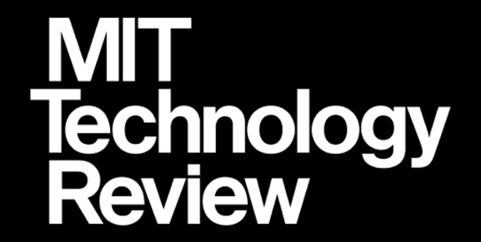Images from The Planetary Society’s spacecraft confirm the solar sails deployed on 23 June 2019 at 11:47 PDT (18:47 UTC).



SpaceX has come a long way. After being shocked by the absence of NASA’s concrete plans for a manned mission to Mars in the early 2000s, Elon Musk, the well-known entrepreneur and engineer, founded SpaceX in order to establish affordable access to space.
After spending a couple of years on designing, building and testing the first privately developed orbital rockets, the fourth launch of the Falcon 1 rocket into orbit was successful, marking the dawn of private space transportation. With its proven capabilities, SpaceX was awarded a substantial contract from NASA for supply missions to the International Space Station, providing the funding for a rapid development of new launch vehicles.


Microsoft and Google companies want to be central to the development of the thinking machine.
The decision by Microsoft to invest $1 billion in OpenAI, a company jointly founded by Elon Musk, brings closer the time when machines threaten to replace humans in any tasks that humans do today.
OpenAI, which was founded just four years ago, has pioneered a range of technologies which have pushed the frontiers of massive data processing in defiance of the physical and computer capabilities that governed such developments for generations.
Now, with the investment from Microsoft, the pace of technological change is likely to accelerate rapidly. Today, Artificial Intelligence is at a level of what is known as ‘weak AI’ and relies on humans to create the algorithms which allow for the crunching of massive amounts of data to produce new and often predictive results. Artificial General Intelligence, or Strong AI, will herald a new era when robots will essentially be able to think for themselves.
Death is inevitable, says Michael Shermer. So why sweat it? Over 100 billion people have died before us, so maybe our fear of death is making our lives worse.



Researchers have designed a tile set of DNA molecules that can carry out robust reprogrammable computations to execute six-bit algorithms and perform a variety of simple tasks. The system, which works thanks to the self-assembly of DNA strands designed to fit together in different ways while executing the algorithm, is an important milestone in constructing a universal DNA-based computing device.
The new system makes use of DNA’s ability to be programmed through the arrangement of its molecules. Each strand of DNA consists of a backbone and four types of molecules known as nucleotide bases – adenine, thymine, cytosine, and guanine (A, T, C, and G) – that can be arranged in any order. This order represents information that can be used by biological cells or, as in this case, by artificially engineered DNA molecules. The A, T, C, and G have a natural tendency to pair up with their counterparts: A base pairs with T, and C pairs with G. And a sequence of bases pairs up with a complementary sequence: ATTAGCA pairs up with TGCTAAT (in the reverse orientation), for example.
The DNA tile.
